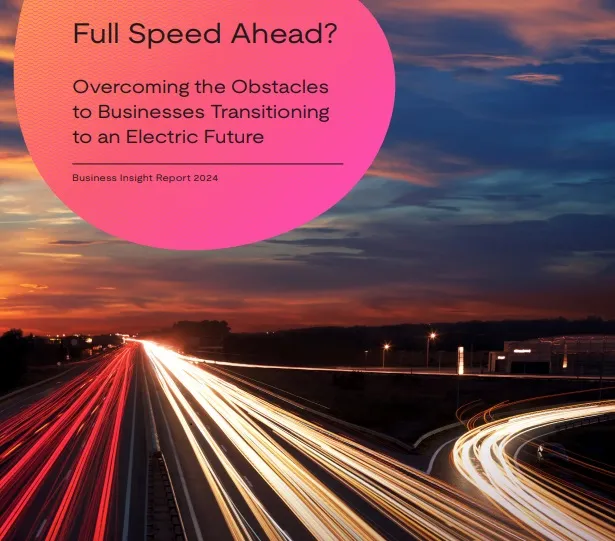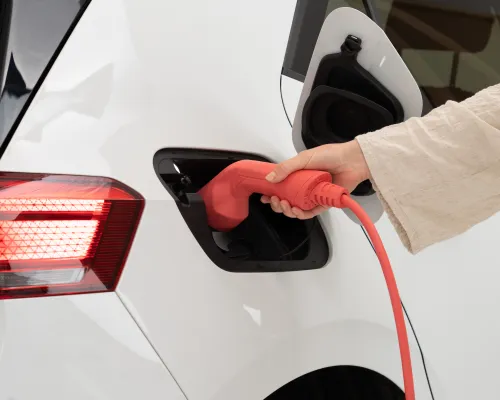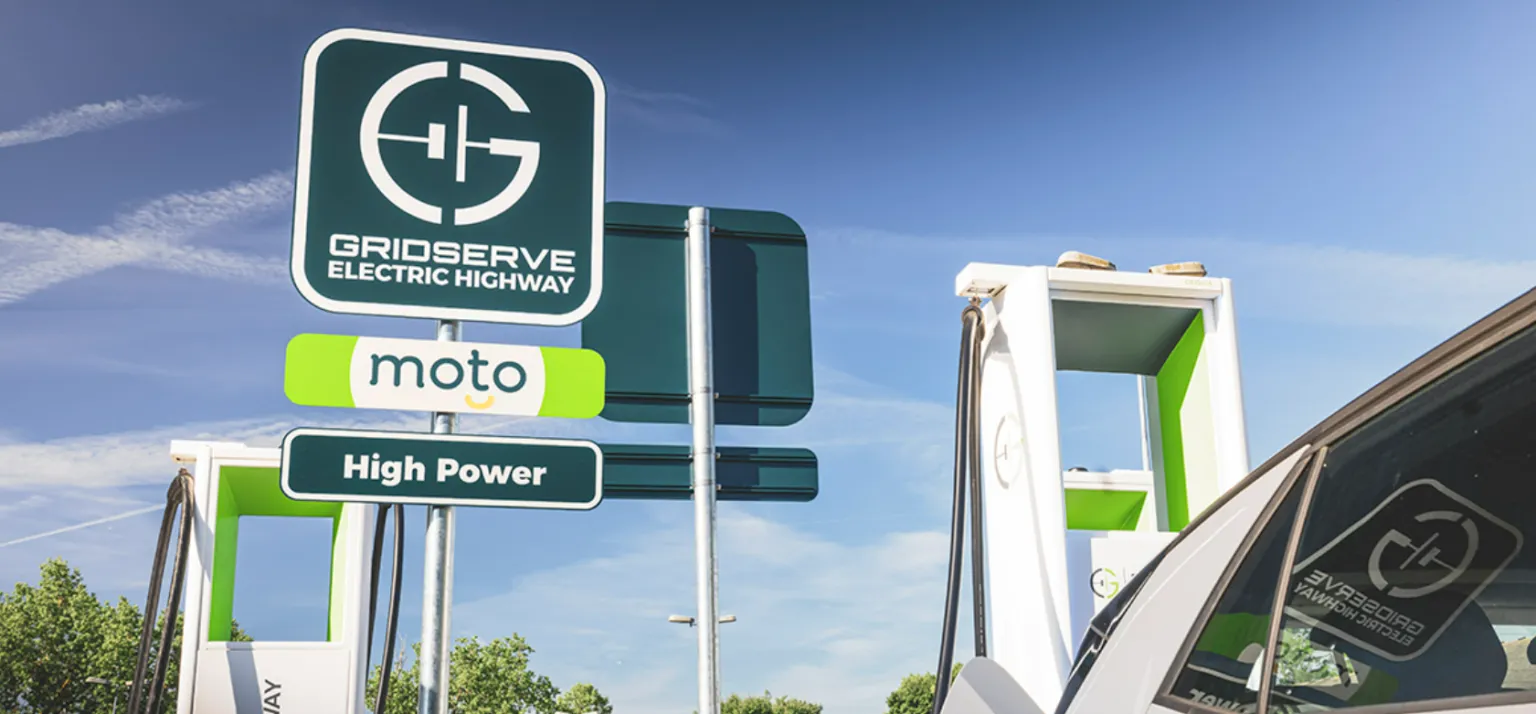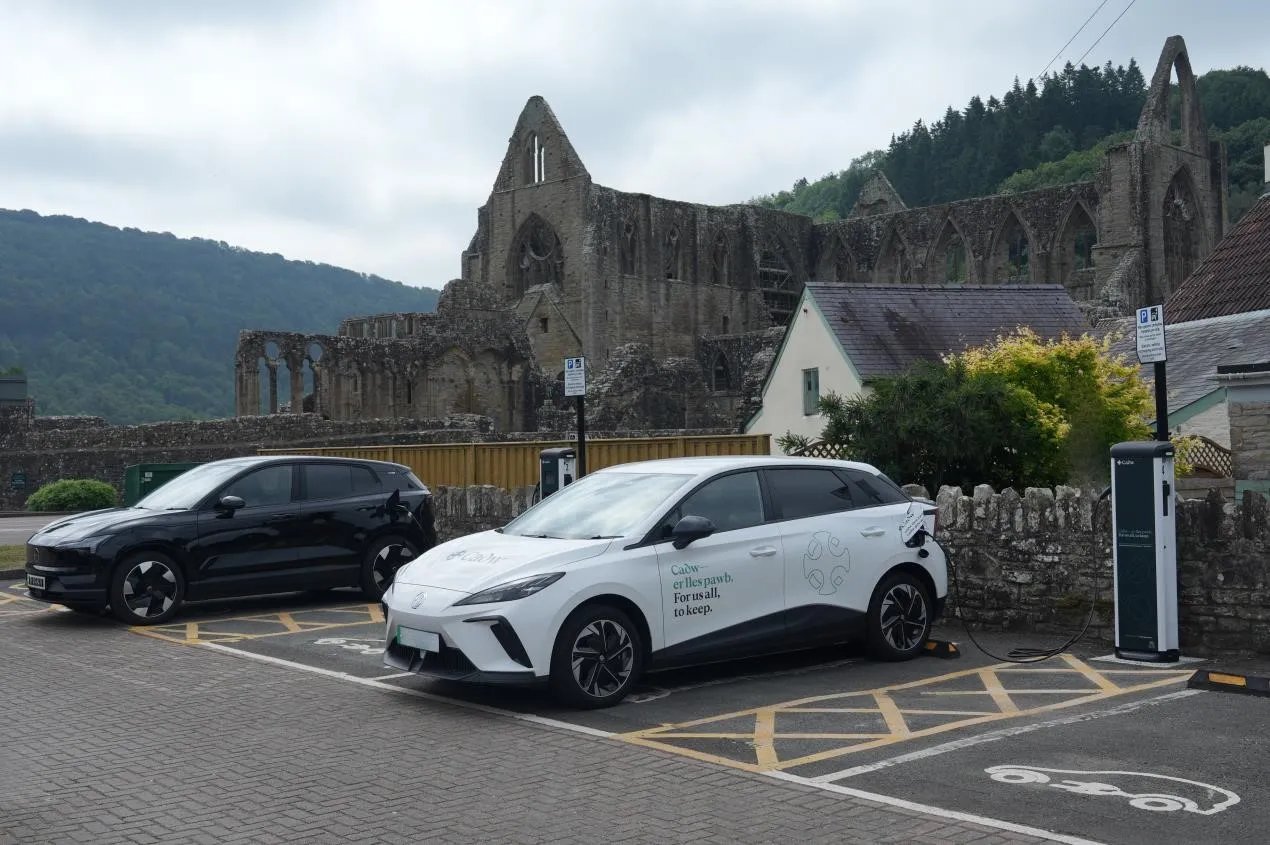
Some six million commercial vehicles travel up and down Britain’s roads each year, but today, only 1% of vans, 8% of company cars, and less than 1% of HGVs are electric. Increasing this proportion is a vital part of achieving the Government’s net zero ambition by 2050. Businesses are keen to make the switch and are making significant progress.
New research by charge point operator (CPO) Believ finds that almost all (88%) businesses are already installing EV charging infrastructure. Many (57%) plan to double charging capacity by 2028, driven by a desire to electrify company vehicles, reduce CO2 emissions and fulfil their environmental, social, and governance (ESG) goals.
Most businesses, especially retail, hospitality and leisure businesses, understand the advantage of having their own charging facilities to attract new customers (69%) or use charging revenues to offset any upfront installation costs (72%). But despite this strong motivation they are facing significant hurdles.
Seven out of ten respondents (70%) say projects are delayed by the slow pace, high cost and complexity of working with electricity companies to upgrade the local power supply, and 11% find it a significant barrier. Similarly, for 70% of businesses, navigating inconsistent planning laws across the country is complex and confusing. Over a quarter (27%) struggle to get sufficient support from local councils to overcome these issues, and nearly three-quarters (74%) of businesses say they need specialist help.
If businesses can accelerate the installation of their on-site charge points they would reduce their partial (58%) or total (14%) reliance on the national public infrastructure. Some respondents say sales and delivery vehicles now spend more time charging or travelling to charge points than being used productively and almost one-fifth (17%) were concerned about missing deliveries or meeting deadlines. The additional fuel consumption, vehicle wear and tear and planning to optimise travel routes are also increasing operational costs.
Believ CEO Guy Bartlett says greater collaboration between the public and private sectors is needed: “Businesses are being thwarted by factors where greater collaboration with CPOs would help accelerate the rollout of EV charging infrastructure.
“The best CPOs have the knowledge and expertise many businesses seek about installing charge points and navigating the complexities of planning laws across the country. National and local governments can also help solve many issues that businesses face, such as easing access to the national grid and better targeted funding for national public charging infrastructure to areas that are not commercially viable.
“The national Government’s promises, such as the £70m investment at COP28, however, and the national rapid charging network are yet to be delivered and are needed urgently. It is vital for British businesses, the UK economy and the country’s global competitiveness. We must act now to facilitate sustainable transport and deliver cleaner air for all."
Believ sought the views of 255 business decision-makers across the UK responsible for the EV charging rollout to review their progress and challenges.









